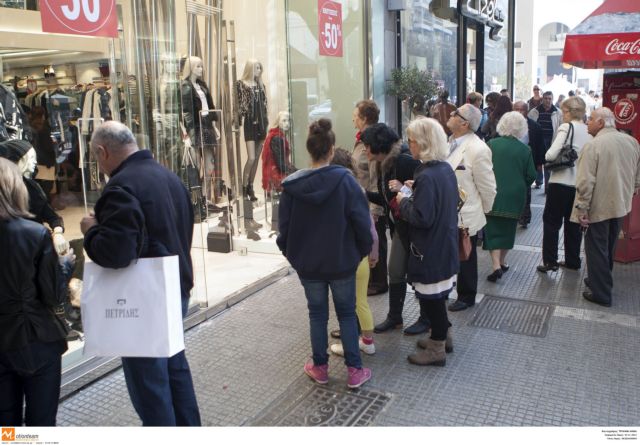According to a Nielsen study, the consumer trust index in Greece grew by 8 points to 53 during the first quarters of 2014, in accordance with the trend of the global index. The global index of 96 points has reached pre-crisis levels.
About 30,000 consumers from 60 different countries across the globe participated in Nielsen’s study, which was conducted between the 17th of February and 7th of March 2014. The index indicates consumer opinions, their current financial situation, their worries and intentions for the future.
The index in Europe grew by 2 points for a total of 75;of the 32 European markets included in the study, 21 saw their consumer trust index increase, with the greatest boosts documented in countries that have historically had the lowest indices.
In Greece the consumer trust index increased to 53 points, with the study pointing out that 52% of consumers are worried about job security and 30% are concerned about finances in general. About 80% of respondent doubt Greece will recover from the crisis any time soon and believe that the economy will remain mostly the same over the next 12 months.
About 27% of Greeks claimed that they use try to cover their loans, credit cards and other debts with their disposable income. This rate is 8% less than the one documented in the first quarter of 2013. Furthermore, while 3 in 10 respondents claim they have no disposable income, the study shows that Greeks have began adapting to the new circumstances, with most claiming to save or invest more in personal luxuries (i.e. vacations, purchasing new clothes, etc…)
About 80% of Greek respondents claimed to have changed their buying habits and become more reserved in their expenses. This is the third highest rate amongst EU member states, with Spain and Portugal securing the top spot with an 81% rate. Finally, 74% of Greek consumers admit to turning to cheaper products, 71% have restricted their entertainment expenses and about 40% claim they will maintain these choices even after their finances improve.





